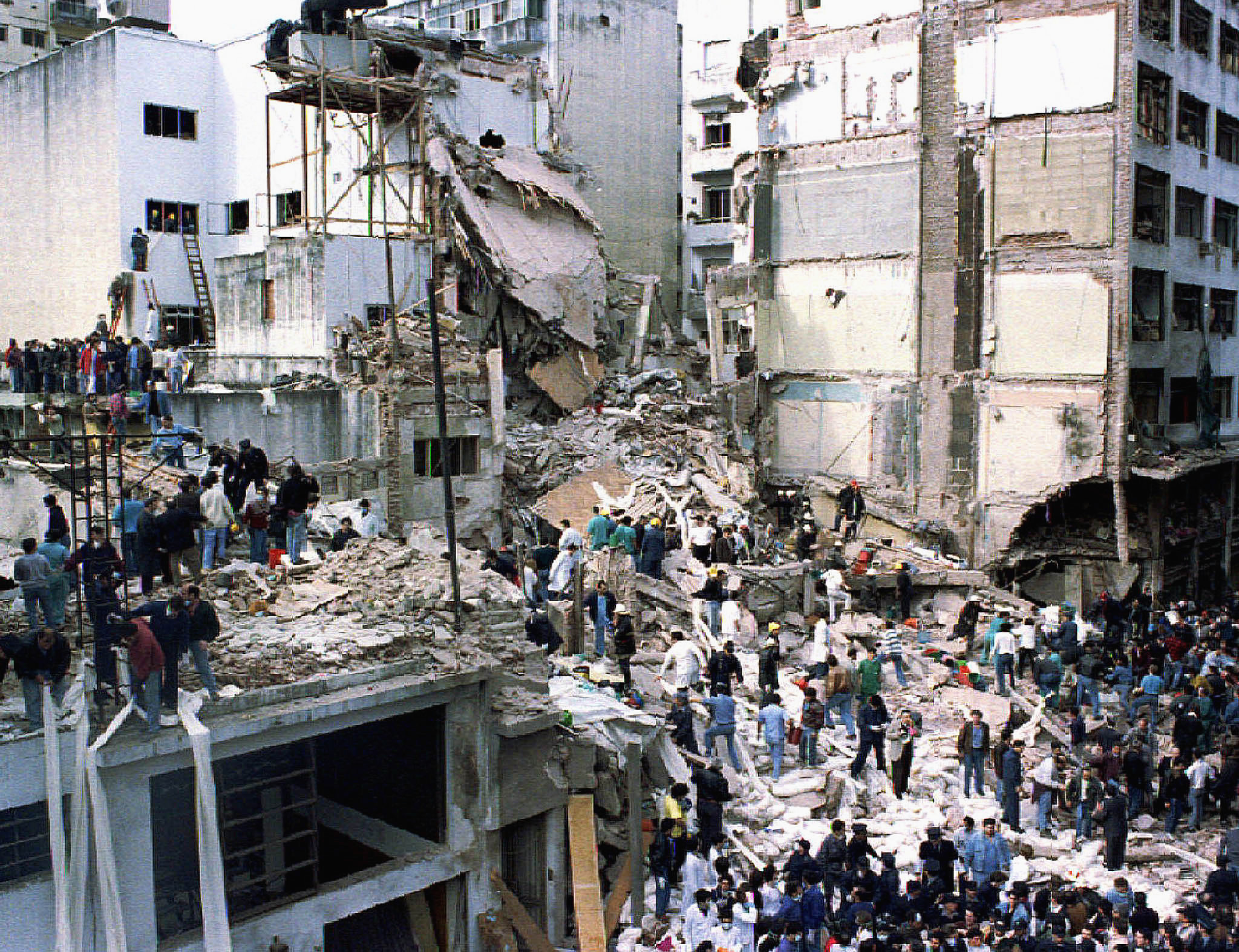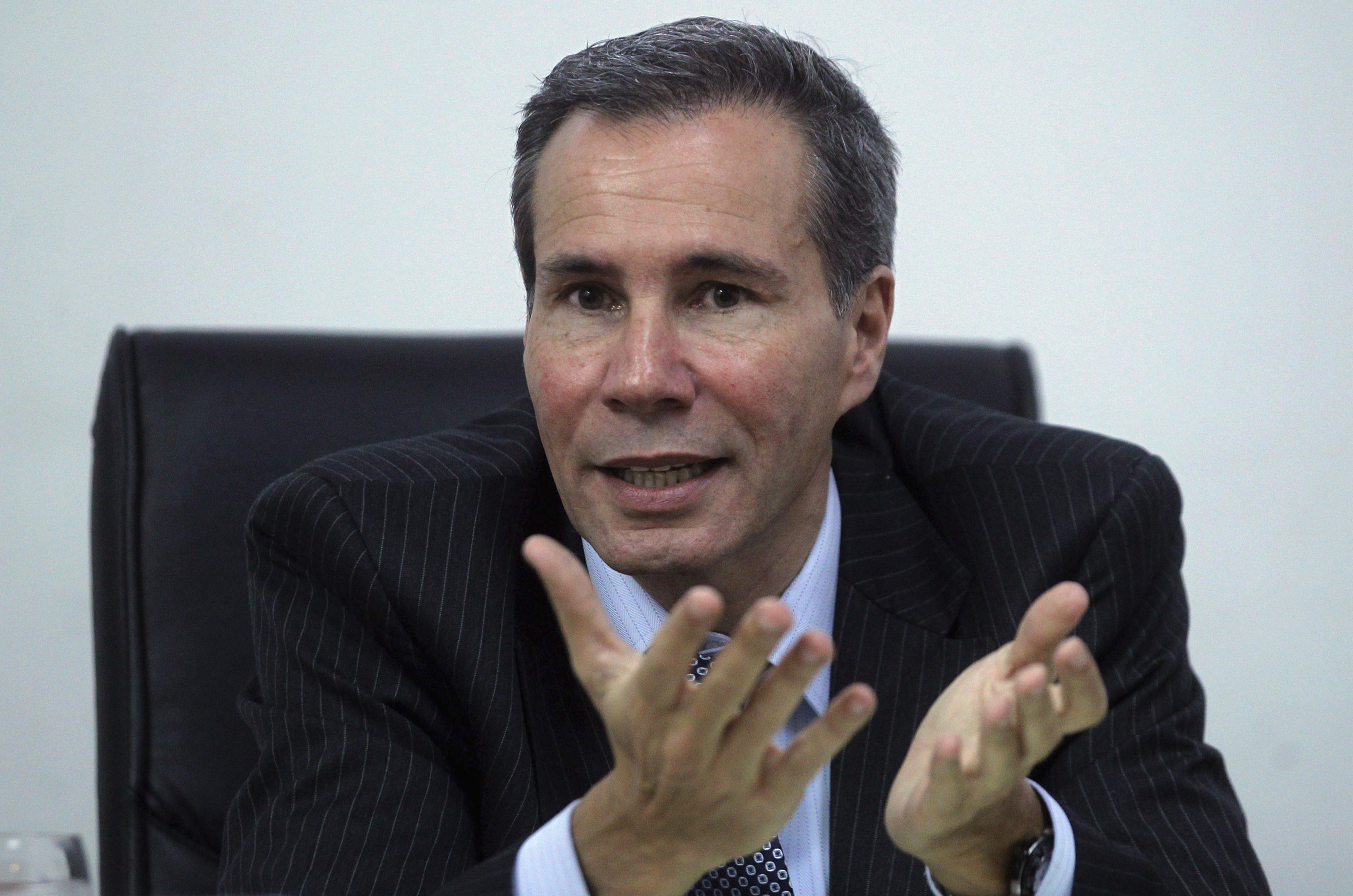Pay attention to the extraordinarily suspicious death of Argentina's Alberto Nisman
Sunlight is the best disinfectant


A free daily email with the biggest news stories of the day – and the best features from TheWeek.com
You are now subscribed
Your newsletter sign-up was successful
On the morning of July 18, 1994, a truck loaded with explosives detonated near a Jewish community center in the city of Buenos Aires, Argentina, killing 85 and injuring hundreds. It was Argentina's deadliest bombing ever and a ghastly attack on Latin America's biggest Jewish community.
This terrible event has renewed relevance today. That's because of Alberto Nisman, the Argentine special prosecutor who claimed to have stunning revelations to make about the attack, and who was found dead just before he was set to present evidence of his allegations. Nisman's death was immediately declared a suicide by an Argentine government spokesman, a claim that lacked plausibility for self-evident reasons. (On top of the timing, everyone who saw Nisman alive in his final days reported that he was enthusiastic and eager to present his evidence.) The Argentine government has since back-tracked, and says Nisman's death is not a suicide, though few other details have been aired.

Before we delve into the circumstances surrounding Nisman's death, it's important to know that a big reason why, 20 years later, there is still no official word on who perpetrated the awful terrorist attack at the Jewish community center is that, by all accounts, Argentina's investigation into the attack was marred by spectacular incompetence and bungling. Nisman was appointed specifically to rectify this.
The Week
Escape your echo chamber. Get the facts behind the news, plus analysis from multiple perspectives.

Sign up for The Week's Free Newsletters
From our morning news briefing to a weekly Good News Newsletter, get the best of The Week delivered directly to your inbox.
From our morning news briefing to a weekly Good News Newsletter, get the best of The Week delivered directly to your inbox.
So what was Nisman's spectacular claim? That the attack was ordered by Iran after Argentina decided to cancel a nuclear technology transfer contract, that the attack was carried out by Hizbullah, and that the Argentine government had agreed to cover up this fact in exchange for oil. Nisman claimed that Argentine President Cristina Fernandez de Kirchner and Foreign Minister Hector Timerman had personally overseen the cover-up, and that he had wiretap recordings to prove it.
Nisman was found dead just hours before he was set to present his evidence to Argentina's Congress.
To say that this looks bad is an understatement. Cristina Fernandez de Kirchner has a history of erratic behavior, and of blaming problems she encounters on foreign conspiracies. Argentina's government is known for its poor governance and frequent bureaucratic ineptitude. And, tragically, like many Latin Catholic cultures, including my own native France, Argentine society has a history of anti-semitism.
Everyone deserves justice, but particularly victims of terrorism and victims of anti-semitic atrocities. Cardinal Jose Mario Bergoglio was among those who put pressure on the Argentine government to shed light on the atrocity, and one hopes that now as Pope Francis he is monitoring the situation closely and even working the phones.
A free daily email with the biggest news stories of the day – and the best features from TheWeek.com
In any case, this is a story on which sunlight must become a disinfectant. We must talk about it more in international media, and put pressure on the Argentine government, since it looks increasingly unlikely that Argentina is capable of doing justice in this affair on its own.
Pascal-Emmanuel Gobry is a writer and fellow at the Ethics and Public Policy Center. His writing has appeared at Forbes, The Atlantic, First Things, Commentary Magazine, The Daily Beast, The Federalist, Quartz, and other places. He lives in Paris with his beloved wife and daughter.
